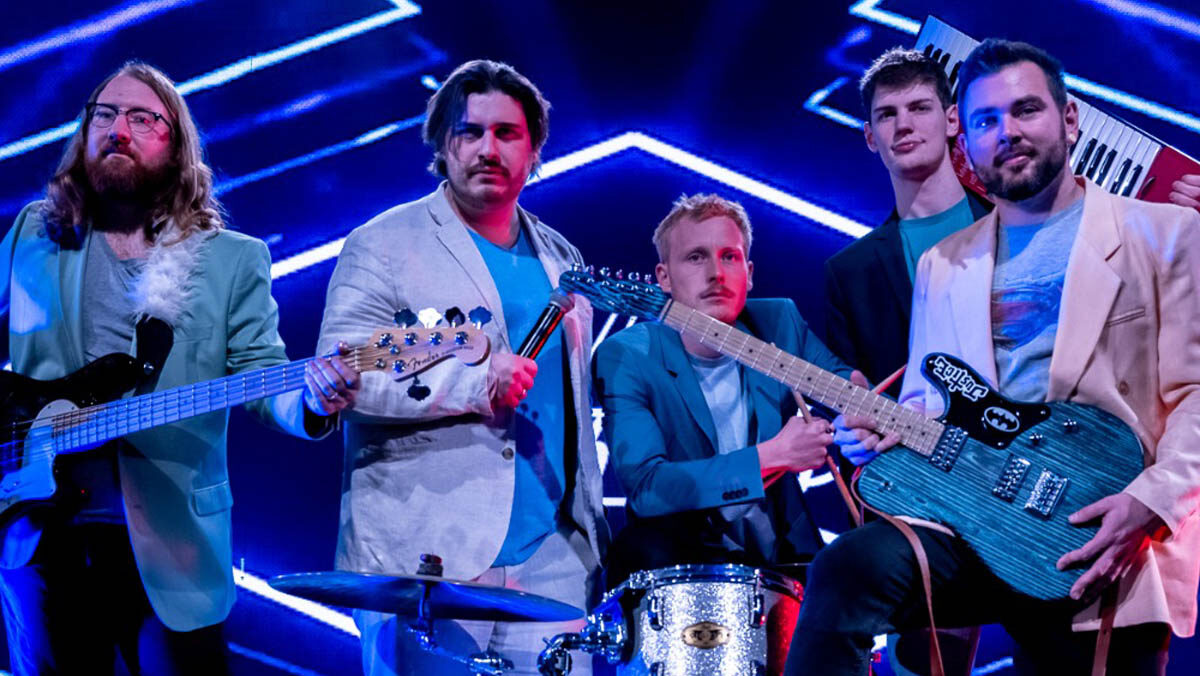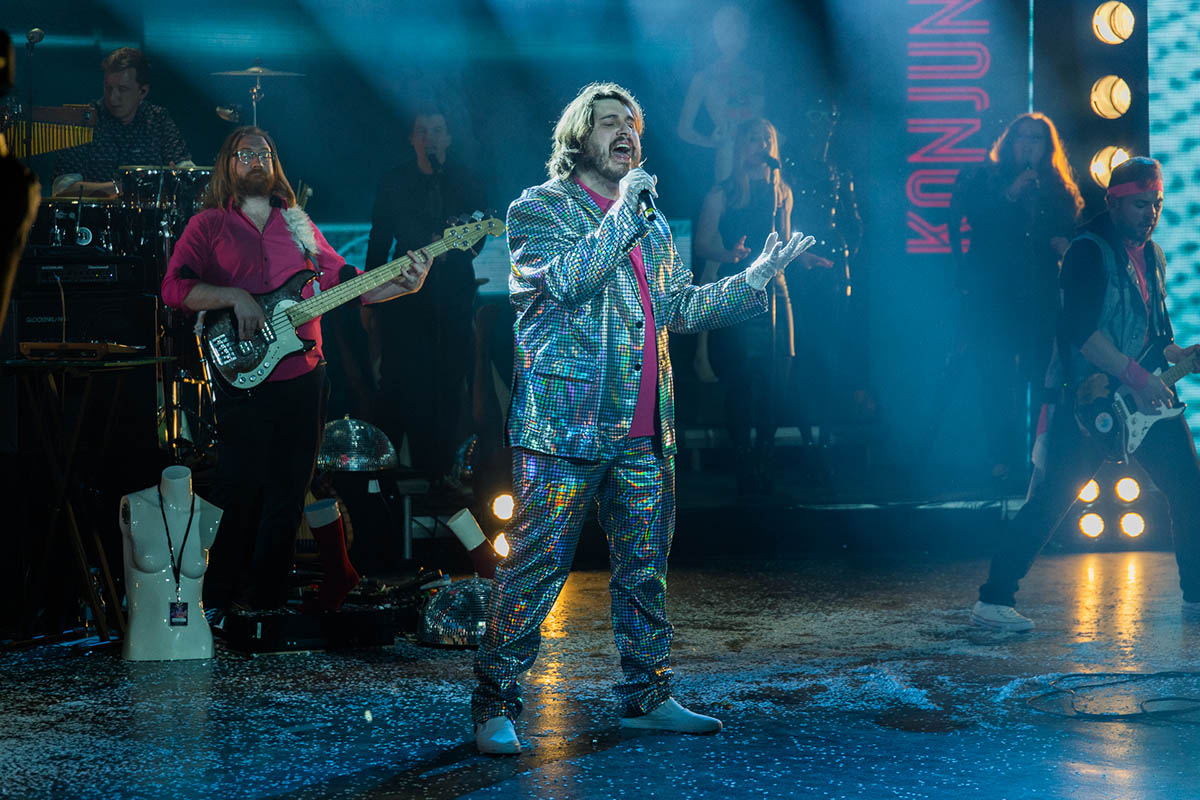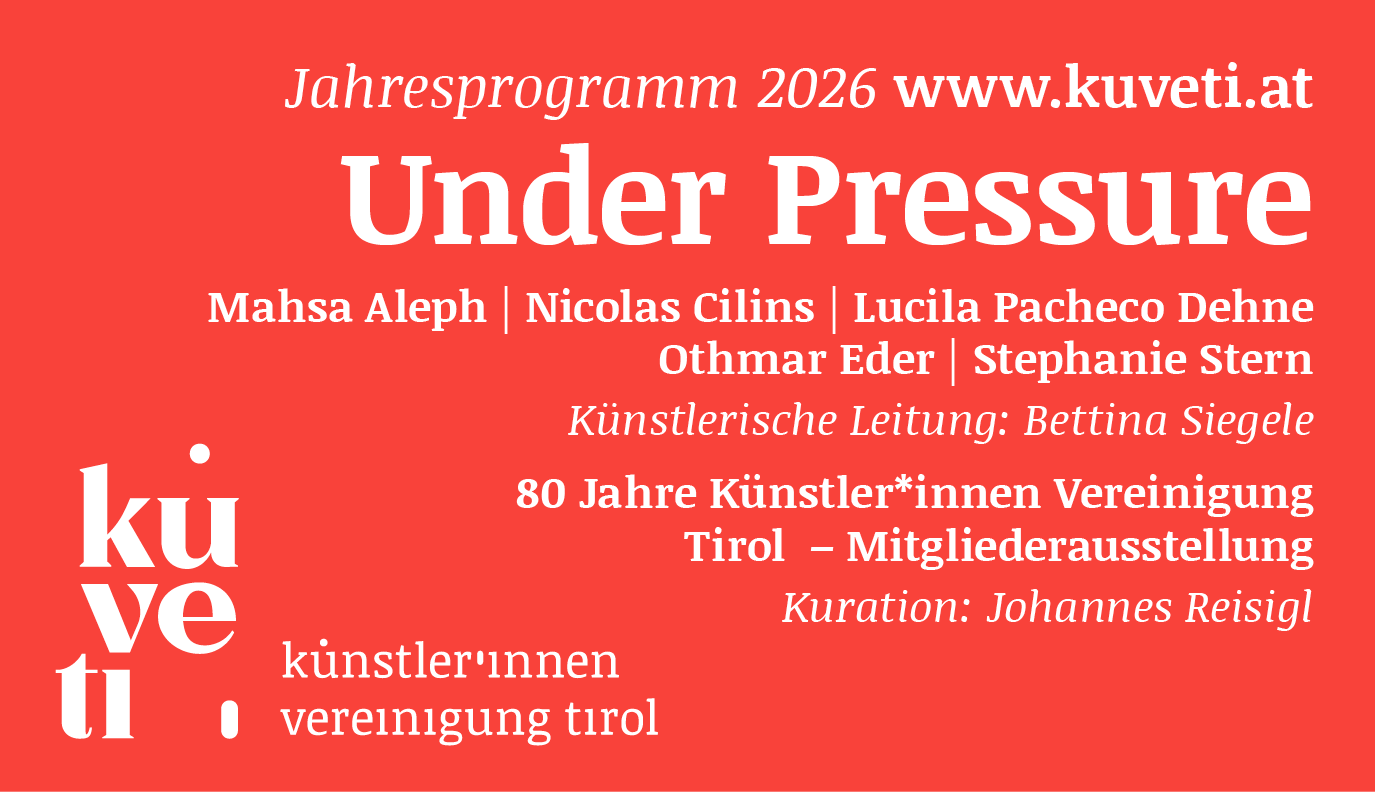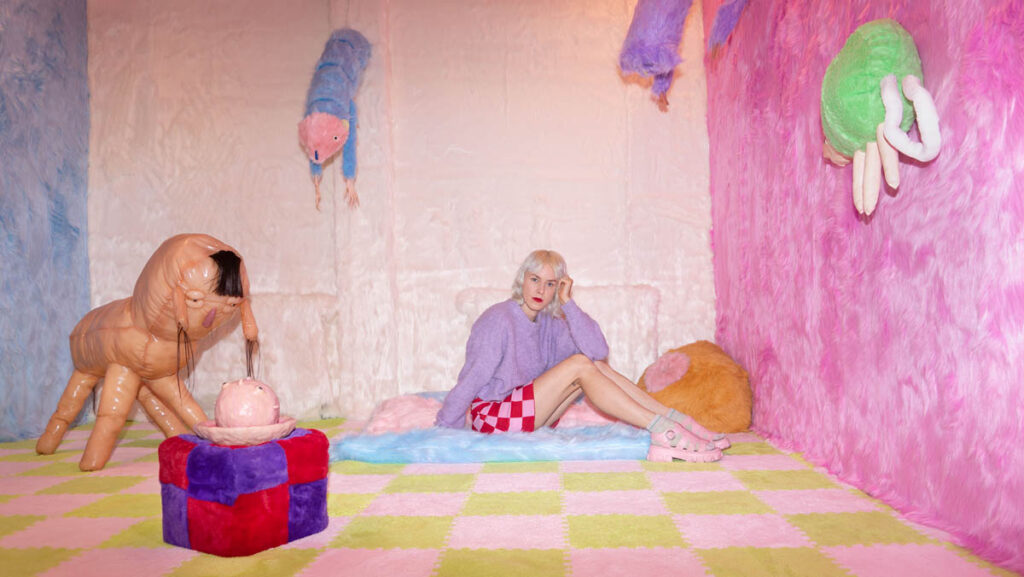
It intrigued us to read the press statement of the new single release: „There is one thing that the Döftels don’t want to do anymore: unnecessary chatter, bourgeoisie and Clickbait are eradicated with good humor, forever-young attitude and a positive „freak-ness“. Self-liberation from the hamster wheel of bad moods is the order of the day, but only if you can endure holding a mirror up to your face. Like so many people, the men with the Ö have had to deal with bullying, being different and not being cool enough. Nobody needs that! What we all need: Satisfaction, fun in life and that the mobbers just shut up!“ What brought this album to life, and what concerns you socially and politically?
When we started making music about more then a decade ago, we wanted to make music that hadn’t been made yet. We wanted to make Deutsche Welle music, which actually has its influence on punk music. But it’s also a bit difficult with Deutsche Welle music: a lot of people either do something that goes in the heavy metal genre, or they do something in the singer-songwriter category. Well, there was nothing in between, so when we started making music with Döftels, we were sometimes laughed at with the motto „What kind of nonsense“, „Nobody needs what you do“, sometimes even really enraged. Then we turned it around, provoked them on purpose, we appeared with leggings and lipstick, then people started to say „Hey, you’re a gay band“. The song Wir sind bereit has a bit of inspiration from the album Monarchie und Alltag from Fehlfarben, which was a super political album back then and a time changer at a certain point. With our new single, we were like, „Hey, we’ll take this as a template, and we’ll see how the world has changed in our eyes now“. Our generation complains a lot that the clubs are being shut down, but nobody under 60 opens one. We want to be part of a generation that talks and is responsible for the music today, for the music culture.
Tell us something about how emerged the song Wir sind bereit (We are ready)?
The demo is definitely two years old. We did the first lyric elements, and then the thing lay in the drawer for a long time until one day we said, „Hey man, we have a song that just fits.“ In the last three months, we recorded in our rehearsal room in Worms, completed the lyrics, and then had it mastered externally in a studio in Mannheim.
Where is the rehearsal room?
It is in a complex, around 20 bands rehearse here, and there are many artists and artist galleries above us. Our rehearsal room is in the Kunsthaus Worms, in the Prinz-Carl-Anlage, a former military barracks.
How would you describe Worms?
Worms is not the largest city; it has around 80,000 inhabitants, but it’s a very creative city and we are very well located: close to Frankfurt, Mannheim, Mainz and Darmstadt. The city is so small that everyone knows each other, but also so big that you can get out of the way, and that is a very nice feeling. Here you know that they all know you. But we all live and work in other cities, in the cultural sector, and Worms is the nest where we retreat. Only Matthias works and lives here.
Do you often go on a tour? How does it feel to perform in different cities?
We like small tours, two gigs in a row. It’s pretty exciting to play in Worms because everyone here knows us, knows what we do, and people here just say: „We want to have a good night.“ But when we play in Berlin, for example, we confront ourselves more significantly. There’s a lot more confrontation involved regarding the style of music. For us, this is a space for reflection.
Travel definitely can make us think and reflect.
By the way, we’ve never played in Vienna, and I’m telling you this so that all the Viennese who are reading us can hear it too (smiles).

Photography: Dan Rawkt
Let’s imagine you have a concert and would like to heat up the audience; which band would you choose as the opening act?
(Smiling) At the moment, it would be the other way around, so we say: „Who can/should we be the opening act for?“. Bilderbuch, for example, would be amazing!
What keeps you guys fresh, as you’ve already been together for around 18 years…
For one, it is the music side, coming up with new ideas, and in that, also this urge to improve, to learn new things. We listen, and we like to think about the influences of music. The second amazing thing is when we remeet. Let me explain: we spread out around, work, and live in different cities, and then we come back together. During these times apart, each of us absorbs various references and influences. For example, when Christian comes from the world of theater, he has had his influences; if I played a role in the theater for two months, I also have a different way of vigilance of things I see, perceive, notice, and so on. When we get together, we exchange ideas, which keeps us fresh.
Let’s get to the aesthetics of the video Wir sind bereit.
This is the very first video that I have fully realized on my own, both shooting and editing. It was produced during the rehearsal phase of a festival I was working for, and I found it totally exciting.
As a band, we’ve always imagined modern forms of protest, virtual life, and artificial intelligence. Basically, the song is very colorful and very fast. In the video, I wanted the opposite. The same utopias we now have also existed at the end of the 1920s.
That’s why we wanted to create a connection to Fritz Lang and Metropolis and all these utopias, Brother Lumiers fragments, which I let play in reverse. Our wish was to make a silent movie video as a contrast to the singing. I used myself as a projection screen. The video was very intentional, besides the look of my eyes, the way I gaze was not deliberate. I look a bit wired, I was maybe dizzy of seeing the projector for a long time, but then we all liked it.
Why Döftels?
The name came up in those early days when we started doing stuff that nobody else was doing. It was an invention of my father, because he encouraged us at that time “ Hey, try to make a hard rock or something“, and we were „No, we don’t want to, we want something of our own“.
And he said: „Hey, you guys are real döftels,“ and we thought it was both funny and true. We said, „Maybe that’s what we actually are. Intangible beings with Ö.“
What are your plans for 2024 – 2025?
We have two songs in the pipeline that we would like to finish. And then we want to plan and work on tracks of ours that we love and press a vinyl to some point.
Do you have a message you want to share in the band’s name?
No matter what you do, in music or life, it’s important to believe in yourself. If we only read what Rolling Stones magazine writes, you wouldn’t have to make music anymore because they’ve declared all genres of music dead. Rock is dead, punk is dead. As a music band from a small town, we still want to do it (smiles).
Can you describe a typical day in the life of your band?
We meet up, talk a lot, a lot, a lot, and at some point, we make music and then end the day in our beloved bar and spend the whole night there. We love kniffeln, also known as Yahtzee. We also always play that before our gigs; there must always be a set of dice with us.
And since we talked about outfits at the beginning of our interview, how much time do you spend thinking about the clothes you’re going to wear when you perform?
That’s very important to us, and we think about it continually. We love colours.
Do you have an international audience?
We have a bunch of people who love us from Holland, Switzerland, and Austria, but since our music is in German, our fans tend to be from German-speaking countries.
The Döftels – Spotify
The Döftels: Peter Englert – Vocals, Sven Schreiber – Guitar, Christian Destradi – Keyboards + Sounds, Matthias Merkel – Bass, Falko Eckey – Drums





